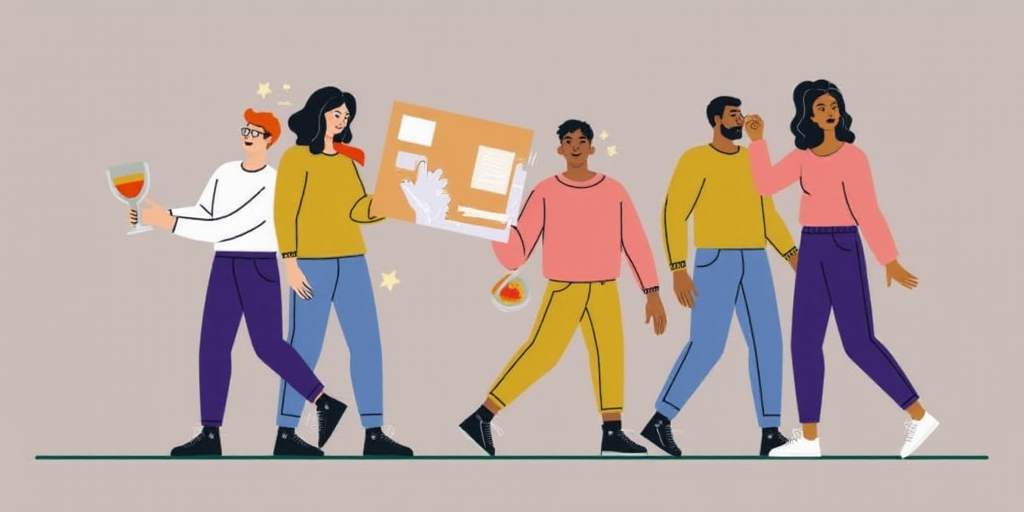Introduction
The journey towards equality of rights and acceptance of the LGBT+ community (lesbians, gays, bisexuals, transgender, etc.) faces hurdles and setbacks worldwide. The new Ipsos LGBT+ Pride 2025 Report highlights significant challenges for this sector, as support for these initiatives has decreased. The report also reflects the ongoing evolution of conversations about rights, representation, and public policies for the LGBT+ community.
Key Findings
- Brand Support: Support for brands or companies actively promoting equality for LGBT+ individuals (lesbian, gay, bisexual, and transgender) has decreased. In 2021, 49% of respondents in 23 countries supported this marketing approach. By 2024, this dropped to 44%, and further decreased to 41% in 2025. Meanwhile, opposition increased from 16% in 2021 to 23% in 2025.
- Workplace Initiatives: The study shows a lack of interest in LGBT+ workplace initiatives. Nearly two-thirds support employers having programs or policies that explicitly support or celebrate LGBT+ employees, while 24% oppose. This question, added in 2025, reveals that many (39%) are neutral regarding these initiatives in the workplace.
- By Generation: Male members of Generation Z differ from female members. Younger men are more aligned with older men than younger women. For instance, while 59% of female Generation Z supports LGBT+ individuals being open about their sexual orientation with everyone, male Generation Z support (38%) matches that of Millennial males (43%) and Generation X (44%). Young women continue to be the most supportive of various LGBT+ protections, rights, and visibility.
- Same-Sex Marriage: Support for same-sex marriage or recognition has slightly moderated, dropping from 74% in 2021 to 69% in 2025. The proportion of those who believe same-sex couples should not be allowed to marry or receive any legal recognition increased slightly, from 12% in 2021 to 15% in 2025. However, support for equal adoption rights for same-sex couples compared to heterosexual couples has decreased by five percentage points, from 64% in 2021 to 59% in 2025.
- Athletes: Support for transgender athletes has dropped by 10 percentage points, from 27% in 2021 to 22% in 2025. Only 22% support transgender athletes competing according to their identified gender rather than their assigned sex at birth. This support is higher in Thailand (50%) and lower in Hungary (11%).
Key Questions and Answers
- Q: How has support for LGBT+ brands evolved? A: Support for brands promoting LGBT+ equality has decreased from 49% in 2021 to 41% in 2025, with opposition rising from 16% to 23% during the same period.
- Q: What is the stance on LGBT+ workplace initiatives? A: While two-thirds support employer programs for LGBT+ employees, 24% oppose. A significant portion (39%) remains neutral.
- Q: How do different generations view LGBT+ issues? A: Younger men are more aligned with older generations on LGBT+ issues, differing from younger women who are more supportive.
- Q: Has support for same-sex marriage changed? A: Support has slightly decreased from 74% in 2021 to 69% in 2025, with a small increase in opposition from 12% to 15%.
- Q: What is the current support for transgender athletes? A: Support has dropped from 27% in 2021 to 22% in 2025, with regional variations such as higher support in Thailand and lower support in Hungary.






